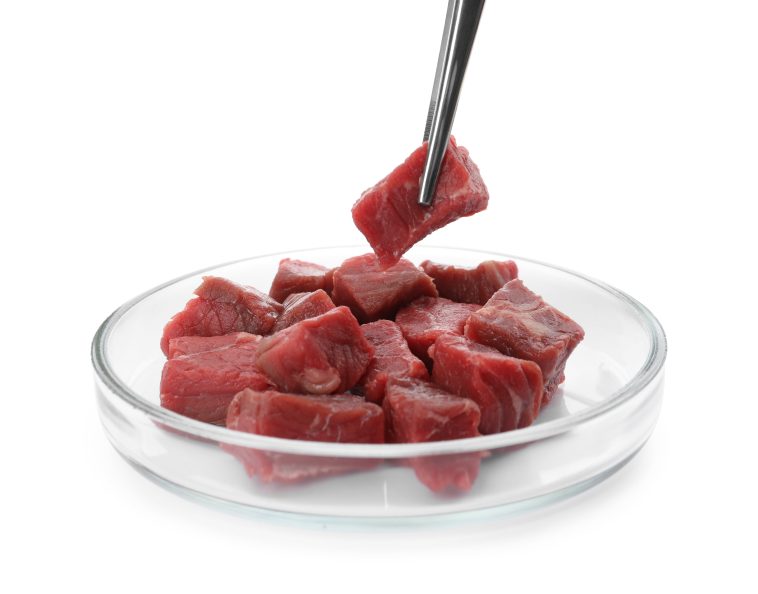Cultivated meat firm Meatable has its eye on the international market.
(Getty Images)
Cultivated meat firm Meatable has its eye on the international market by partnering with conventional protein producers, and has been boosted by recent investment from Thai giant Betagro.The Dutch firm has highlighted a markedly different growth strategy compared to many cultivated meat firms in the market, shying away from building its own infrastructure or plants and instead looking to integrate itself into the existing supply chains of traditional meat companies.
“We have to understand that these companies are already comfortable with meat, and what they need to accept cultivated meat is the assurance that we are not out to change what they are doing but instead offering a different source of meat for them whilst still letting them maintain control over the process,” Meatable CEO Jeff Tripician told FoodNavigator-Asia.
“They already know the benefits such as much shorter production times e.g. 12 days for cultivated meat compared to 330 days for regular pork or 1,000 days for beef; much less waste as it only making what is needed means 100% efficiency; much less trouble to figure out animal feed, diseases, care and so on.
“Getting rid of all of the regular issues means that they can focus their energy and investments on getting consumers to buy their products instead – at the end of the day, this means they will be able to offer consumers not an alternative protein per se, but an alternative product that still comes from within their supply chain.”
Meatable’s strategy is essentially to work with these conventional meat companies on integrating cultivated meat technology into their existing supply chains, offering tech transfer as well as onsite expert support.
“We aim to have them see this as just another technology – much like HPP (High Pressure Processing), where not everyone in the factory knows how to use this but there is an expert onsite to work with them and support them with this,” he said.
“Of course, this is a very long-term strategy as currently costs are still high, but in three to five years production levels will be sufficient for sales.
“By then, when it comes to marketing and retail and all of that, it will be up to the meat companies to push that much like any other new product, and this is what they are good at.”
Better growth with BetagroMeatable’s strategy has already received a nod of approval from one of South East Asia’s largest protein producers Betagro, which last year announced that it would be investing in the firm.
“Markets for commercialisation are currently in discussion, and once we have firmed up those decisions then we will look at where to start building such integrated plants and so on,” Tripician added.
“Betagro of course has the market expertise in this geographical region, and we have the global IP for our tech so are well protected no matter where our partnership takes us.
“Between now and production there are still a lot of steps to complete, such as filing for regulatory approval which will take about a year or two, then approving CAPEX for a plant comprising both conventional and novel tech which may take another two to three years.
“So from now till actually cutting the ribbon on a production plant, I’d say we’re looking at some four to five years.”





GIPHY App Key not set. Please check settings